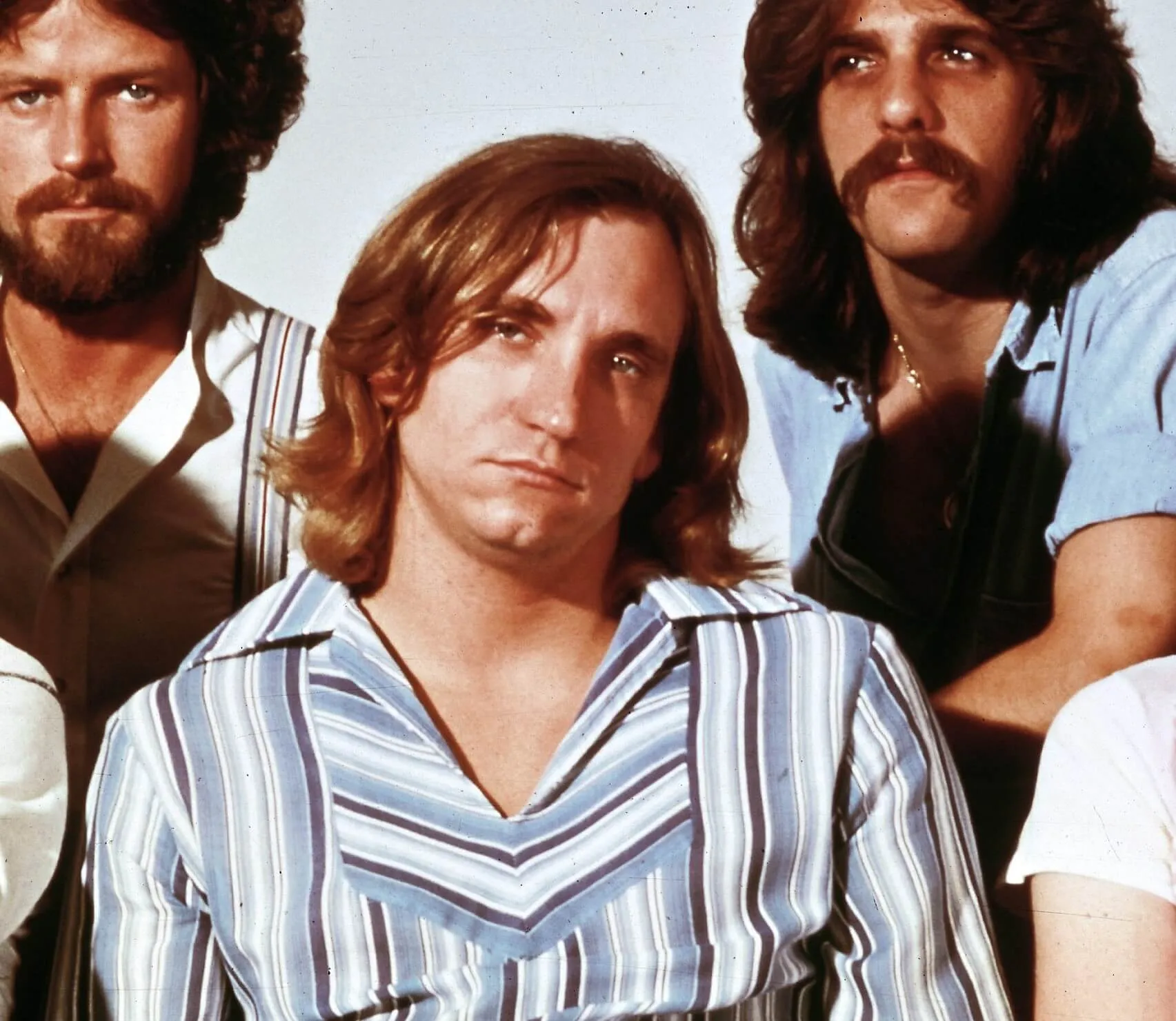
The Eagles Gave Us 1 of the Best Songs for Halloween
Some classic rock bands, like Alice Cooper, wrote song after song that begs to be played on Halloween. Meanwhile, The Eagles gave us one great Halloween song and called it quits. Here’s a look at the many influences behind one of the band’s best tunes.
The Eagles did a Halloween song that’s 1 part sexy and 1 part dark
Judging by the massive flux of tourists that come to Salem, Massachusetts in September and October, the Halloween season seems to be a good time for witchcraft. The canon of popular music has a few songs on the topic, including Frank Sinatra’s “Witchcraft,” Cher’s “Dark Lady,” Fleetwood Mac’s “Rhiannon,” and Katy Perry’s “Dark Horse.” One of the best is “Witchy Woman” by The Eagles.
The song’s ominous opening fits the overall vibe of dark magic. While witches have sometimes been stereotyped as ugly, The Eagles make their witchy woman sound seductive as hell. The tune is just spooky enough and just sexy enough to capture the essence of modern witchcraft. Wicca and similar groups revolve around the moon itself and lunar goddesses, so the mention of “the moon in her eyes” aligns perfectly with modern occultism. This is all especially interesting, considering that The Eagles’ Don Henley has revealed that he doesn’t take witchcraft very seriously.
The Eagles’ Don Henley said that witchcraft is just ‘harmless fun’
During a 2016 interview with Rolling Stone, Henley said there were three sources of inspiration behind “Witchy Woman.” One was Zelda Fitzgerald, the wife of Great Gatsby author F. Scott Fitzgerald. Henley said the Fitzgeralds had troubled personal lives.
“Another inspiration for the song was the roommate of a girl I was seeing in the early 1970s,” he said. “All things occult were popular in those days. Ouija boards, séances, palm reading, etc. A lot of the girls were into what was called ‘white witchcraft,’ that is, they were practitioners of folk magic for benevolent purposes, as distinguished from malevolent witchcraft or black magic. I think some of them practiced a little of both.
“I thought it was charming and seductive, but I never took any of it seriously,” he added. “For the most part, it was just a phase people were passing through, part of the overall youth movement and the quest for spirituality, which included a re-enchantment with the ‘old ways.’ It was harmless fun.” A lot of people would find Henley’s view of witchcraft a “phase” to be condescending and offensive.
A famous fraud also inspired the song
Henley had another witchy inspiration. “Another inspiration for that song may have been the shamanistic aspects of the Carlos Castaneda books we were intrigued with at the time,” he said. “In the late ’60s and early ’70s, the Peruvian-born Castaneda became a popular American author while earning his Ph.D. at UCLA.” Castaneda wrote a trilogy of books on shamanism — The Teachings of Don Juan: A Yaqui Way of Knowledge, A Separate Reality, and Journey to Ixtlan — based on the teachings of a Yaqui holy man named Juan Matus. Scholars consider the books to be hoaxes and Juan Matus to be fictitious.
Whatever Henley does or doesn’t think about witchcraft, “Witchy Woman” will remain a great Halloween song for decades to come.


